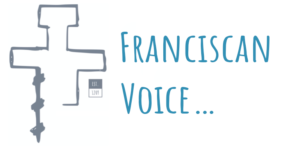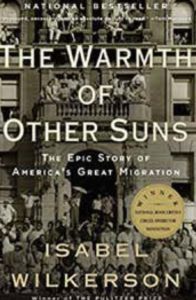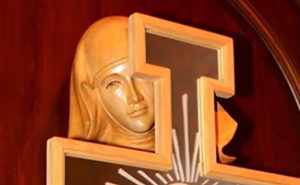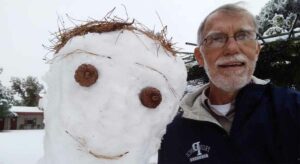In 2019, getting ready for the Chrism Liturgy at Santa Fe Cathedral, Santa Fe, New Mexico, I overheard two sacristans talk about an encounter one of them had earlier that day. There was a tourist talking with a child in the Santa Fe Plaza. The tourist asked the child, “What’s your name!” The child proudly responded, “Santiago!” The tourist vehemently corrected the boy, “No! Your name is James! You are in the United States! We speak English here! Not Spanish! Your name is James!”
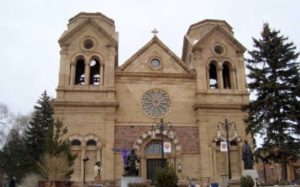
I participated in an eleven-week course called Race Literacy 101. In the first session there was a question, “What is your first memory of a racist act?” Would Santiago’s memory (of the day described) suffice for an answer to the question?
I responded in the study group with a childhood story. I was probably about five or six years old. A friend of my dad was spending some time with him excavating with shovels and wheelbarrows to lay sidewalks at our house. They were working hard, sweating, telling stories, drinking Drewy’s beer and getting the work done.
When it was time to eat supper, we all gathered around the dinner table – all, that is, but Al, my dad’s Black friend. He sat on the back porch with his supper. The child I was asked why Al was not at the table with us. “Don’t worry about Al. He’s fine. Eat.” “But dad, we can make room for him.” “I told you he’s fine. Eat.” But the child persisted, “Let me go sit with him, then.” “He’s fine where he is! You belong at the table.”
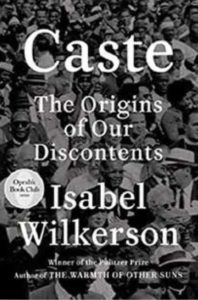
A powerful author, Isabel Wilkerson has a current book titled, Caste! I encountered her on NPR, while I was driving from Phoenix to Albuquerque. The interview addressed her book The Great Migration. In her more recent book, Caste, Wilkerson calls us beyond the idea of racial distinction and calls us to see caste, and the tendency of holding others at bay, in suspicion and derision, as a greater issue.
Regardless if it is South African apartheid; NAZI racial superiority; the Hindu, now illegal but still influential, caste system; Louisville’s Bloody Monday destruction of Catholic German businesses, homes and lives, or the Tuscaloosa Race Riot burning the homes and businesses of Blacks; if it is the Catholic-Protestant animosity in Northern Ireland, it is all related to the same thing, people belittling and denigrating each other for made up and hurtful stereotyping. There are always examples. The cultural ID can change, but the insults remain the same: lazy, untrustworthy, bearing illness, drunks, disrespectful. But what is this person’s story?
Below are some books that I have been reading. I invite you to enter the dialogue. But first ask yourself these four questions: What is your first memory of seeing someone bullied for being different? What is your first memory of being bullied? What is your first memory of being put down for who you are? What is your earliest memory of putting someone else down? Then ask “Why?” I wonder what Santiago’s story will be.
Good reading! Good healing!
– friar Charles McCarthy OFM Conv.
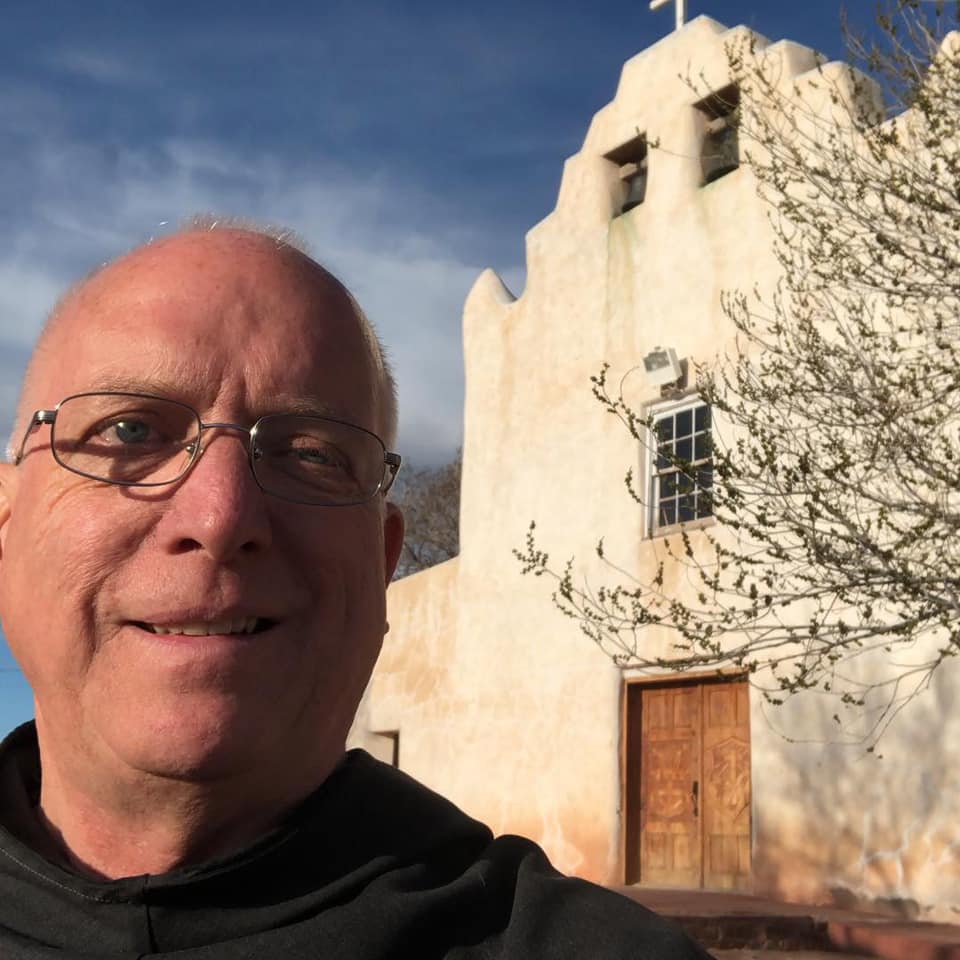
Caste, Isabel Wilkerson (2020)
Talking to Strangers, What We Should Know About the People We Don’t Know, Malcolm Gladwell (2019)
The Education of an Idealist, Samantha Power (2020)
So You Want to Talk About Race, Ijeoma Oluo (2018)
But I Don’t Speak Spanish, Vincent Olea (2019),
A People’s History of the United States, Howard Zinn
Tribe, Sebastian Junger
Brown, Kevin Young (2019)
We Rise We Resist We Raise Our Voices, Wade Hudson (2008/2018)
Between the World and Me, Ta-Nehisi Coates (2016)
The New Jim Crow: Mass Incarceration in the Age of Colorblindness, Michelle Alexander (2017)
Caleb’s Crossing, Geraldine Brooks (2011)

